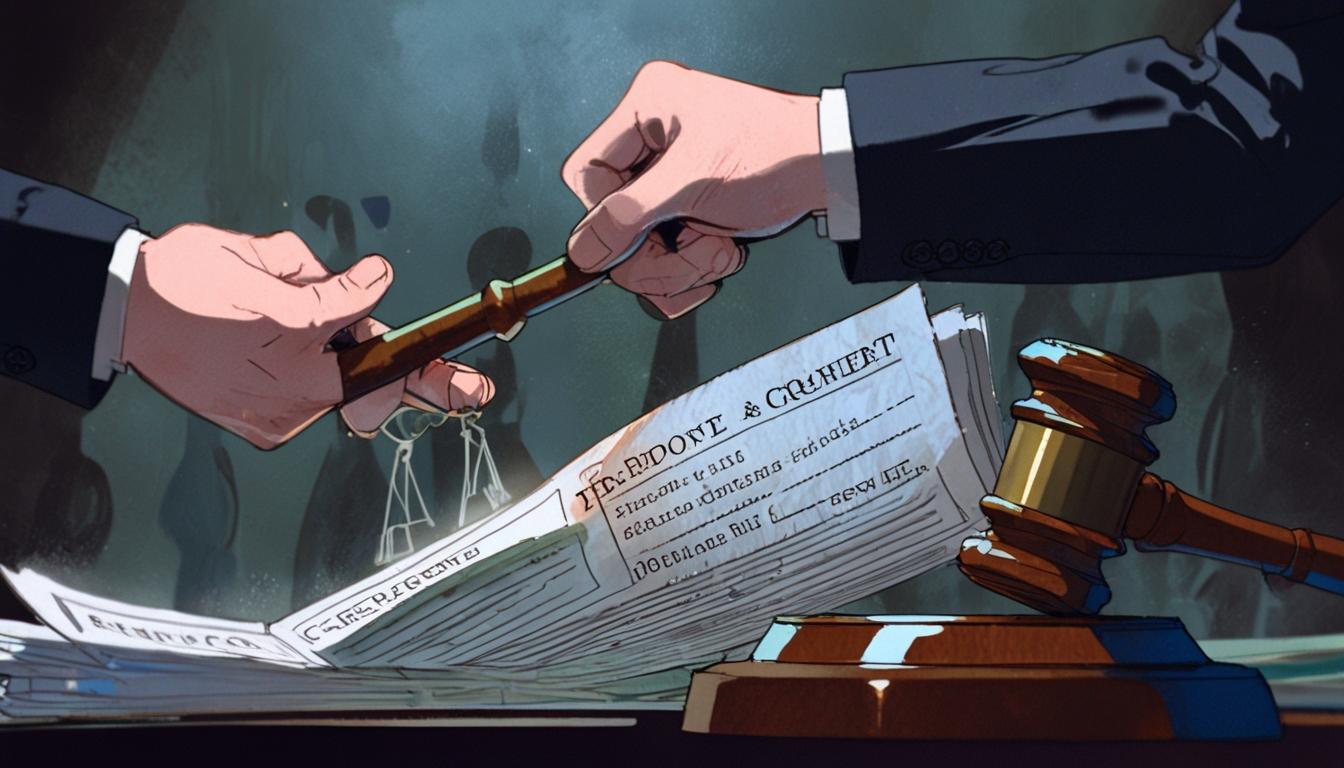UK Supreme Court Expands Liability for Fraudulent Trading in EU ETS Case
In a significant ruling, the UK Supreme Court has determined that third parties who knowingly assist in a company's fraudulent trading can now be held liable under insolvency law. This decision stems from a high-profile case involving a VAT scam associated with the trading of EU carbon allowances, reflecting a broader interpretation of legal accountability in financial malfeasance.
The ruling marks a pivotal moment in how fraudulent trading is perceived within the context of the carbon market, particularly regarding the involvement of intermediaries. This case follows a precedent set by the UK Court of Appeal in April 2023, which ruled that a carbon-credit broker could be considered a 'party to' fraudulent trading under section 213 of the Insolvency Act 1986. The case highlighted the role of brokers who connect buyers and sellers with companies engaged in missing trader intra-community fraud, thereby establishing that involvement in such schemes, even without direct control over the fraudulent company, could incur legal responsibility.
Historically, the legal landscape regarding fraudulent trading has been increasingly scrutinised. A landmark case in 2015, 'Jetivia SA v Bilta (UK) Limited (in liquidation),' underscored the difficulty in attributing the wrongful acts of directors to companies that are, in effect, victims of fraud. The Supreme Court's decisions now reflect a heightened awareness of the complexities and the reputational risks involved in carbon trading markets. Past rulings, such as one from February 2023, where the London appeals court concluded that a major UK brokerage was liable for its role in a carbon credits tax fraud scheme, set a precedent for increased diligence among financial institutions involved in these markets.
Moreover, this expanded interpretation of liability finds parallels in regulatory trends across jurisdictions. For instance, the U.S. Commodity Futures Trading Commission (CFTC) has recently intensified its enforcement actions against fraudulent activities in the carbon offset market. Such actions underline the commitment to maintaining integrity within carbon trading ecosystems, reinforcing that misrepresentation and fraud related to carbon credits have far-reaching implications that regulators are keen to address.
The complexities of carbon trading are further compounded by legal considerations regarding the status of EU Emission Allowances (EUAs). Discussions surrounding whether EUAs should be classified as intangible property reflect ongoing debates about the legal parameters of trading within the EU Emissions Trading System (EU ETS). Such complexity highlights the vital need for enhanced compliance measures and due diligence in carbon-related transactions, as missteps not only engender legal consequences but also jeopardise credibility in the burgeoning carbon market.
As the UK Supreme Court's ruling demonstrates, the era in which financial firms can insulate themselves from the repercussions of fraudulent activities, simply by distancing themselves from direct involvement, appears to be waning. The implications of this ruling will likely reverberate throughout the financial landscape, prompting a reevaluation of practices among brokers and financial institutions involved in the carbon credit domain. This case underscores the reality that, as regulatory frameworks evolve, so must the responsibilities shouldered by all actors within these intricate financial networks.
Reference Map:
- Paragraph 1 – [1], [4]
- Paragraph 2 – [1], [2]
- Paragraph 3 – [3], [4]
- Paragraph 4 – [5], [6]
- Paragraph 5 – [7]
Source: Noah Wire Services
